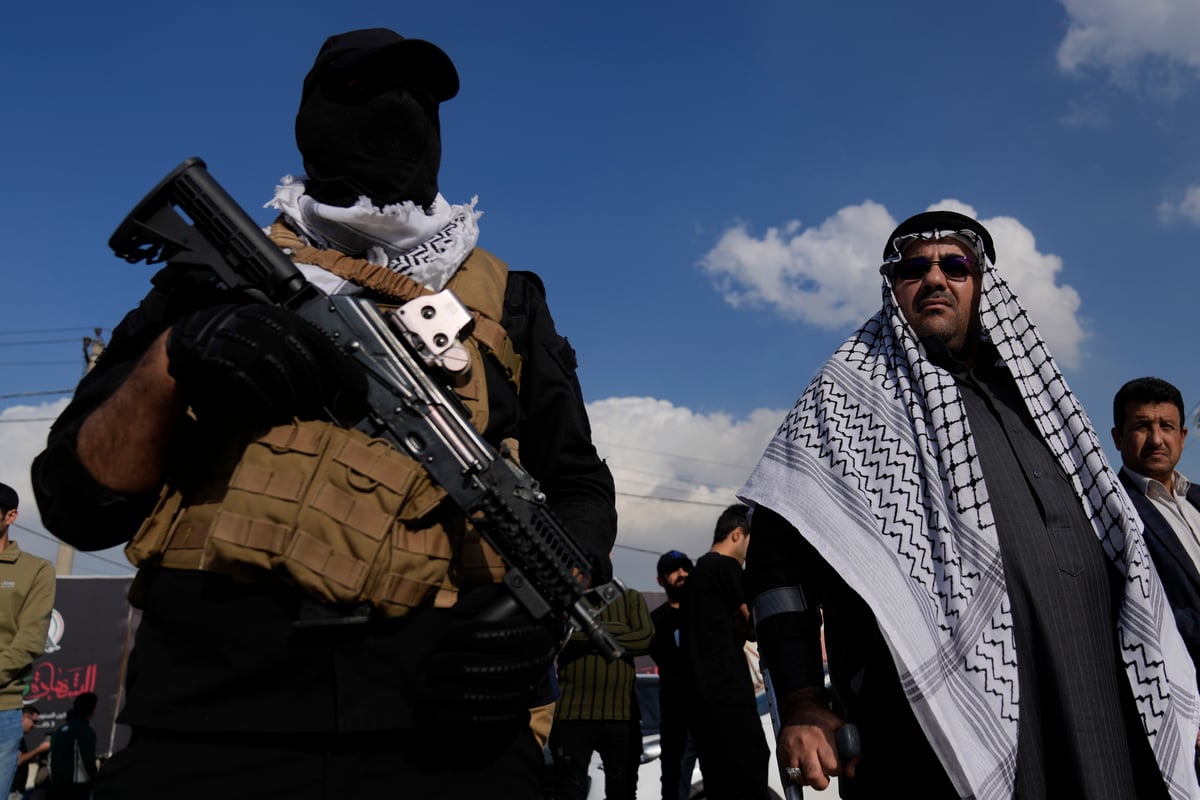More than 70 U.S. personnel have received minor injuries including brain injuries from the militia attacks against U.S. bases there, and one U.S. service member has been seriously injured since the militias began their attacks. The U.S. has struck militia targets in return, including some linked to the Popular Mobilization Forces, a coalition of mainly Shiite, Iran-backed paramilitary groups that is officially under the control of the Iraqi military although in practice it largely operates on its own. Iraqi officials have complained that the U.S. strikes are a violation of Iraqi sovereignty.Speaking at the World Economic Forum in Davos, Switzerland, this month, Iraqi Prime Minister Mohammed Shia al-Sudani said there is no longer justification for the coalition’s presence in the country and that the Iraqi army is capable of tracking and fighting the remaining IS cells.“We are a sovereign country, and therefore it is only natural that we moved towards this position,” he said. “This is a request from the people, and this is a democratic country.”An Iraqi government official said Baghdad had sent a written request to the White House in November for the withdrawal of the coalition forces. The official said that Iraqi and U.S. officials were at odds over the time frame, with U.S. officials proposing a two- to five-year timeline while the Iraqis wanted a more immediate withdrawal.The official was not authorized to discuss the matter publicly and spoke on condition of anonymity.U.S. forces would likely remain in the semi-autonomous northern Kurdish region, whose government has closer ties to Washington.
Source link
The US and Iraq will begin talks soon on ending the mission of the US-led military coalition in Iraq





